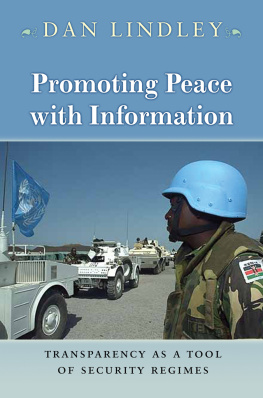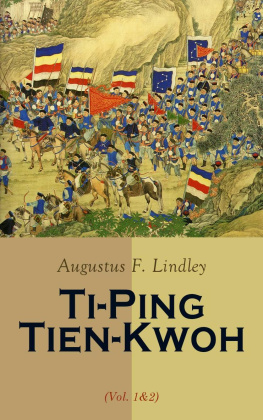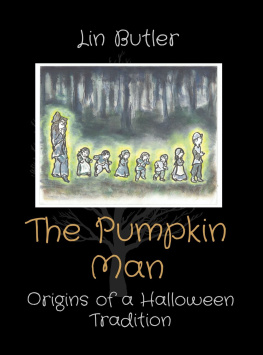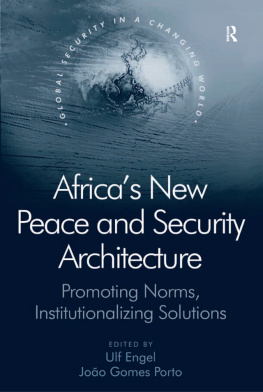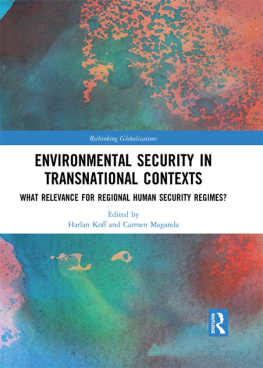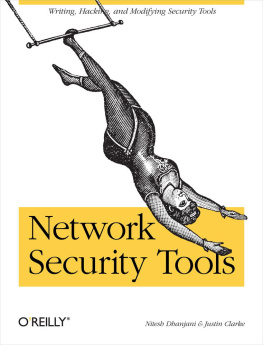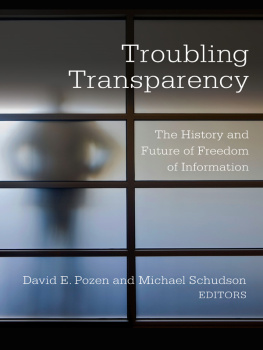Copyright 2007 by Princeton University Press
Published by Princeton University Press, 41 William Street, Princeton, New Jersey 08540
In the United Kingdom: Princeton University Press, 3 Market Place, Woodstock, Oxfordshire OX20 1SY
All Rights Reserved
Library of Congress Cataloging-in-Publication Data
Lindley, Dan, 1961
]Promoting peace with information : transparency as a tool of security regimes / Dan
Lindley.
p. cm.
Includes bibliographical references and index.
ISBN-13: 978-0-691-12943-3 (hardback : alk. paper)
ISBN-10: 0-691-12943-6 (hardback : alk. paper)
1. Transparency in government. 2. Peace-building. 3. International agencies.
I. Title.
JC598.L56 2007
352.88dc22 2006035857
British Library Cataloging-in-Publication Data is available
press.princeton.edu
eISBN: 978-0-691-22425-1
Preface and Acknowledgments
THIS BOOK began when my initial dissertation topic underwent creative implosion. The original idea, The Formation, Effectiveness, and Demise of Collective Security Systems, looked at the Concert of Europe, League of Nations, and United Nations and tried to explain the life-cycles of collective security systems. It was a huge topic, and it muddied the issue of most interest, that of effectiveness. There is a considerable amount of great power politics in the formation and demise of collective security systems, and looking at their ebb and flow is a good way to take the pulse of great power politics. What do these systems actually do, however, to promote peace while they are around?
With an abiding interest in applying institutional theories to issues of war and peace, the clarifying revelation that came to me was to see if transparency might be a contribution of security regimes. Informational arguments occupy a large place in the institutionalist repertoire, but how well do they apply in the realm of security?
This book attempts to answer that question. I have run hypotheses about transparency up the flagpole, testing them by seeing if, and how well, two of the most prominent security regimes used transparency to manage problems and promote peace. Here I report the results.
Whatever I have achieved, it would not have been possible without the help of a large number of people. I owe the greatest debt to Professors Stephen Van Evera and Barry Posen. Their many comments and marginalia over the years epitomized scholarly insight, and the time they spent trying to help me make sense well exceeded their professional responsibilities. They have more than earned their pay, my respect, and my gratitude. Professor Kenneth Oye, my third reader, was always helpful, constructive, and to the point. The contribution of these three to my education goes well beyond thesis and paper comments and continues to this day. I am still trying to figure out what mental algorithms they bring to bear when they construct and parse apart arguments. Their ability to get quickly to the core of arguments is formidable.
My graduate student colleagues never failed to help when asked. I was lucky to go to school with Taylor Seybolt and Jane Kellett as well as Eric Heginbotham, Clifford Bob, Jonathan Ladinsky, and Daryl Press. David Nickles of the Harvard History Department commented several times on my pre-Concert and Concert chapters. In addition, I frequently availed myself of Professor George Rathjens and the New Directions in Security Studies Working Group to sharpen my ideas.
Looking back, I must thank Professor Martin Sherwin at Tufts, who helped teach me about nuclear weapons. In Washington, everyone I ever worked for reaffirmed my faith that working on security issues was the right thing to do and that many good people worked on these issues both in and out of government. This includes Bill Ratchford, Steve Goose, John Pike, Paul Stares, Ken Flamm, and Josh Epstein, all of whom helped me take the next step.
I wish to thank George Rathjens, Harvey Sapolsky, MITs Defense and Arms Control Studies Program (now Security Studies Program), the MacArthur Foundation, and MITs Department of Political Science for numerous years of financial support. The International Security Program of the (now Belfer) Center for Science and International Affairs (CSIA) at Harvard Universitys John F. Kennedy of School of Government saw me through the home stretch of the dissertation with a two-year fellowship that greatly increased my productivity. The Carnegie Corporation of New York and their Commission on Preventing Deadly Conflict supported the project on internal conflicts that I worked on at the CSIA.
Several colleagues at the CSIA provided valuable comments and critiques of my work, especially Mike Brown, as well as Rachel Bronson, Miriam Fendius Elman, Matt Evangelista, Christopher Layne, Sean Lynn-Jones, John Matthews, Chantal de Jonge Oudraat, Jo Spear, and Bradley Thayer.
Many people at the U.N. helped me with my research. In New York, I owe particular thanks to Lena Yacoumopoulou, as well as Kevin Kennedy, Fred Eckhard, and Henry Breed. In later research, Simon Davies, Eleanor Beardsley, Susan Manuel, Frederick Schottler, and David Wimhurst were all helpful and forthcoming.
On Cyprus, almost everyone I met at the U.N. Peacekeeping Force in Cyprus (UNFICYP) was very helpful and generouscertainly beyond every reasonable expectation. I never figured out why UNFICYP was so forthcoming, giving me access to any operational documents or U.N. officials I wished, and so credit must go to those at the top who set the tone. I especially refer to General Ahti Vartiainen, who lent assistance in many ways and to Waldemar Rokoszewski, a true expert on Cyprus. I also am grateful to the staff of the operations branch, who never seemed to be bothered by my continued note-taking presence. I grew fond of the booming British voice of Lieutenant Colonel Nick Parker, the mellifluous Argentinean accent of Major Marcelo Rozas-Garay, and the laugh of the hard-working Major Edgar Wallig from Austria. The three formed a great team and exemplified the multinational ideal of the U.N. I also thank Gustave Feissel, Colonel Ian Talbot, Lieutenant Colonel Andrew Snowdon, Lieutenant Colonel Jorges Tereso, Major Andrew Barnard, Major Walsh, and Bombardiers Raymond Cowie and Elwyn Jones.
My visit to the U.N. Disengagement Observer Force (UNDOF) was assisted by General Johannes Kosters, Captain Ken-Ichi Kawazu, and the enthusiastically helpful Captain Richard Deschambault. Among others at the U.N. Truce Supervision Organization (UNTSO), Zenon Carnapas, Anthony French, and General R. M. Kupolati were generous with their time. Mikael Lindvall from the U.N. Interim Force in Lebanon (UNIFIL) came down to Israel during a troubled period to give me a lengthy briefing. I also thank General Kosters and Captain Deschambault for allowing me to take notes on some of UNDOFs documents.
I also thank Michael Doyle of International Peace Academy, and William Durch and Tory Holt of the Stimson Center. Francis X. Stenger, Deputy Division Chief for Open Skies Treaty at the DOD Defense Threat Reduction Agency (DTRA), was very supportive and informative.
At Notre Dame, Jim McAdams, Tony Messina, Andy Gould, Keir Lieber, Al Tillery, and David Singer have all given their time in providing comments. James Thompson and Matthew Flynn have helped with my research. The Joan B. Kroc Institute for International Peace Studies has been very generous with financial and moral support.

